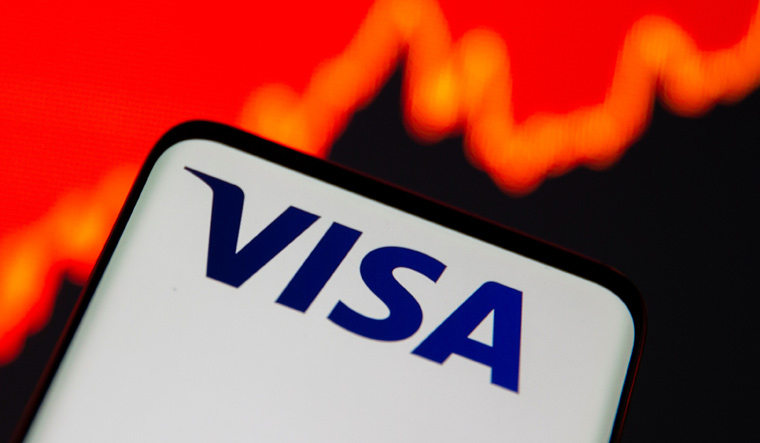Visa has complained to the United States government about India’s “informal and formal” promotion of Rupay for payments, according to a memo from the United States Trade Representative, accessed by Reuters.
The USTR memo, prepared ahead of a meeting between Katherine Tai and Visa executives including CEO Alfred Kelly on August 9, said the company remained concerned about India’s “informal and formal policies that appear to favour the business of National Payments Corporation of India [NPCI, which runs Rupay] over other domestic and foreign electronic payments companies.”
Visa also cited Prime Minister Narendra Modi’s 2018 speech calling on Indians to use RuPay as a patriotic duty. “Everyone cannot go to the border to protect the country, we can use RuPay card to serve the nation."
Last year, Finance Minister Nirmala Sitharaman said banks should only promote Rupay cards. “RuPay card will have to be the only card you promote. Whoever needs a card, RuPay will be the only card you would promote and I would not think it is necessary today in India when RuPay is becoming global, for Indians to be given any other card first than RuPay itself,” she told bankers at the 73rd annual general meeting of the Indian Banks Association (IBA).
Visa told the USTR it was concerned about India’s “push to use transit cards linked to RuPay” and “not so subtle pressure on banks to issue” RuPay cards.
There are over 635 million RuPay cards issued to date. As of November 2020, RuPay accounted for 63 per cent of India's 952 million debit and credit cards, Reuters reported citing regulatory data.
In 2018, Mastercard made a similar complaint. In 2019, then Commerce Secretary Wilbur Ross warned India about “discriminatory behaviour” against American companies like Walmart and Mastercard.
In July, the Reserve Bank of India imposed restrictions on the issuance of new Mastercard debit or credit cards, referencing a 2018 circular directing all system providers to ensure that within a period of six months the entire data, which included full end-to-end transaction details, relating to payment systems operated by them, would have to be stored in India only, and any such information processed abroad would have to be brought back within 24 hours. Mastercard had not complied with it, said the RBI.
ALSO READ: Why did RBI impose restrictions on Mastercard?
On November 9, the RBI removed it bans on Diners Club International, but continued restrictions on Mastercard and American Express.




